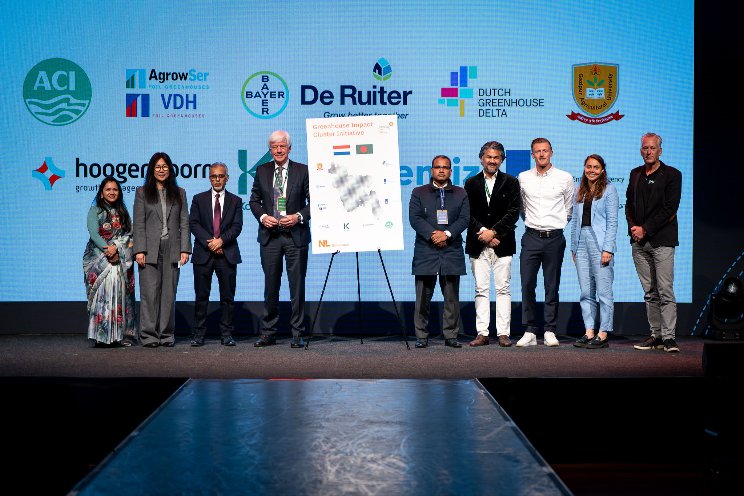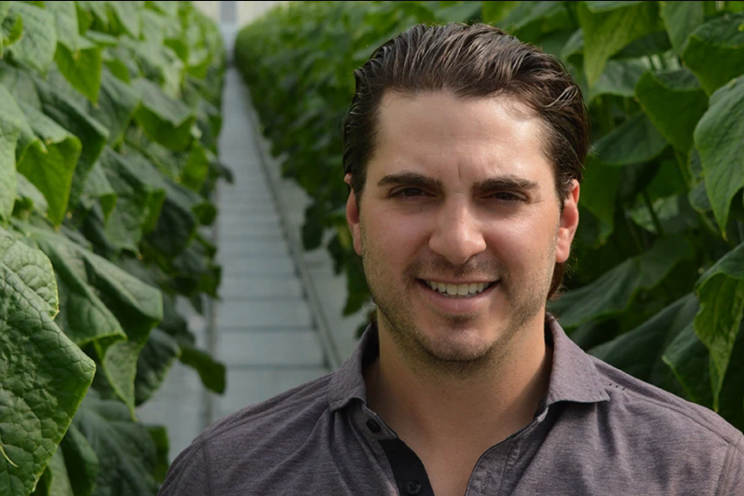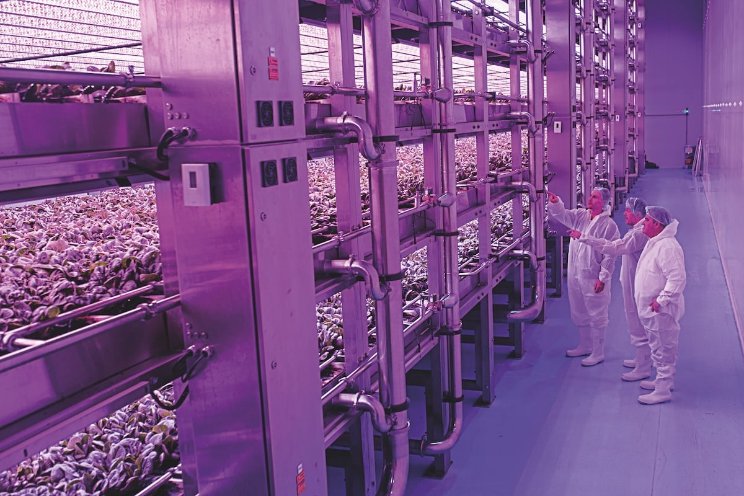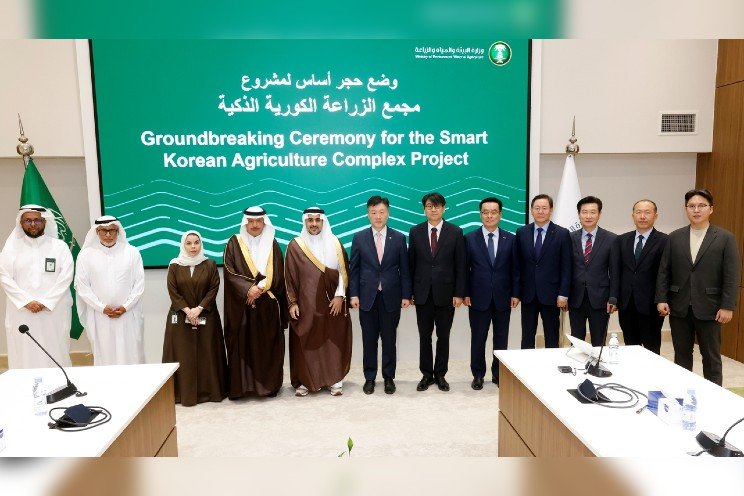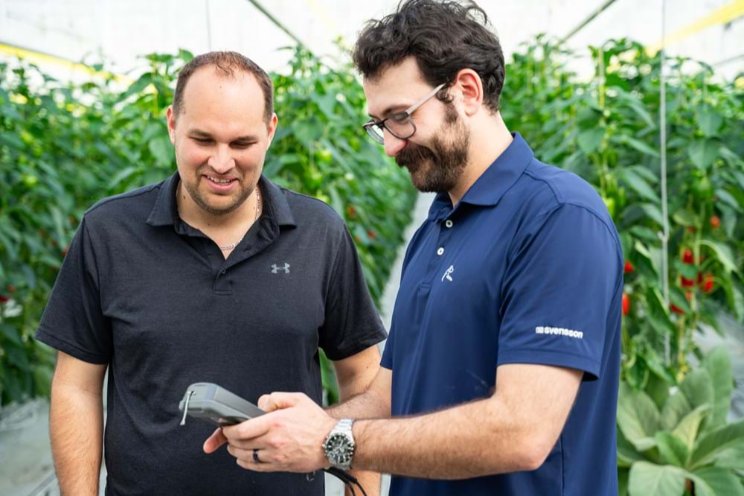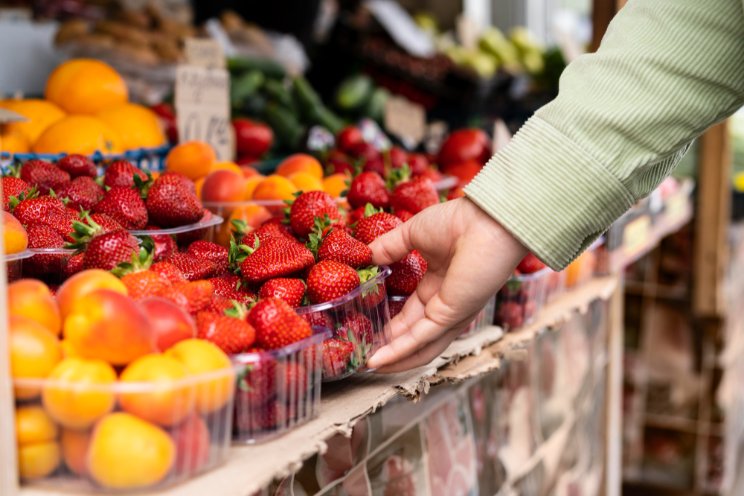GreenTech 2020 talks global cannabis optimization
Added on 14 June 2020
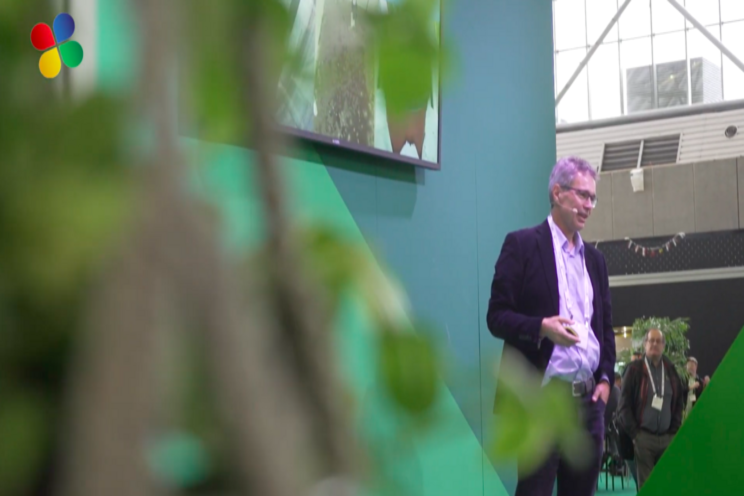
"Today would've been day three of GreenTech in Amsterdam, can you imagine," said conference organizer Marishka Dreschler. "As we all know, we cannot replace GreenTech as a physical trade event, and RAI and I personally very much still believe in the power of meeting each other in person.
Click here to watch the video of Greentech Amsterdam 2019 experience.
"But, this is the current situation," she admitted. "And we understand it's getting quite crowded on the highway of virtual industry events this summer, and we're here to be your connector all year long."
Wednesday's webinar presentation on the current state worldwide of legal and medicinal cannabis markets was particularly chock full of revelations, with panelists from around the globe sharing mostly positive insights into how each of their respective local "now-essential" cannabis economies fared during the COVID-19 crisis (spoiler: Sales were mostly up across the board globally, though the Europe medical market reportedly remained flat).
Emerging markets were also discussed, with New Zealand (voting on full adult legalization in September) and the Oceania region, Germany (170m Eur market valuation in 2019) in Europe, as well as Mexico and Brazil (400 million potential cannabis consumers combined) in North and South America singled out as the markets with most immediate potential investment opportunity today.
Optimizing Production
After getting through the industry demographics part of the presentation, new moderator Sonny Moerenhout, a Waginenen University grad and greenhouse cannabis cultivation consultant, stepped in and kicked off the production-focused content.
Jenn Ayotte, a contract greenhouse cannabis grower for multistate operator Americann in Canada, and Ying Shao, an up-and-coming plant geneticist and founder of ag biotech startup Plantik, as well as representatives from Ridder North America and growing media giant Grodan, participated in the online roundtable covering all-things-production.
Ayotte was asked her biggest challenge currently as a commercial cannabis grower.
"Dealing with how to put the right amount of automation in the facility that still justifies the cost. It's a constant balancing act to get automation and production parallel," she explained. "And then, just how to constantly keep each one of those plants healthy at all times. In a high production rotation type grow, you'll have issues within the greenhouse, such as not having adequate ventilation or not enough supplemental lighting, and those plants will stress out. And it happens very quickly."
While she agreed with an audience poll during the talk that showed "Climate Control" and "Genetics" as the top concerns attendees have within the space, Ayotte made sure to connect the dots.
"It's a combination of having everything in that greenhouse playing along together very nicely and having it all progress together, this combination of plants and climate and technology, and out of that comes a product," she said.
Another topic raised during the webinar was the age-old "outdoor vs. greenhouse vs. full controlled indoor" debate.
"To me, open field (growing) is a huge risk. If you haven't tested that soil and the water, and you don't know who or what is located all around you, you can't mitigate the risk of something coming into your field and just wiping out a crop," Ayotte said. "Where we are, we have to be friends with the neighbors so they will tell us when they are spraying so we can close our vents.
"As far as indoor versus greenhouse, I think it depends on the area and what your budget is. I have grown in all the different scenarios, and each has its pros and cons. Some are more expensive to maintain or outfit, but each has its pluses and minuses," she shared, adding that she is a big proponent of hybrid greenhouse setups going forward as they bring the best of both worlds in one package.
Genetic Breakthroughs Fast-Tracked
Shao shared what her group is working on currently in cannabis genetics, and where she believes the segment is headed in the near future. Plantik is focused on what Shao calls "a new breeding technology that allows us to create stable cannabis genetics faster," adding that what the company is working on would accelerate new commercial variety development timelines from the current 8- to 12-year window down to eight to 18 months.
"Growers want breeders first and foremost to address the instability - why plants grown in the same facility, under the same agronomic conditions, turn out different from plant to plant," she explained.
Other breeding optimization targets for Plantik researchers are the classic agronomic traits such as yield, more flowers, seeds and plant biomass, as well as breeding for different climate types.
"We can shorten plant life cycles and adapt those varieties for different climates," Shao shared. "For example, we're seeing medical cannabis development in Africa, and the lighting conditions in Africa we are finding are very different from Europe where much of this genetic development takes place."
Breeding out varieties with robust disease resistance bred right into the seed, just like the many commercial ornamental and vegetable crop genetic offerings on the market today, is another area the group hopes to explore further.
"Powdery mildew in cannabis is estimated to affect about 20% of the production worldwide, and you have growers mostly using generic pesticides and biofungicides to treat for that," she said.
"Our big goal for this year is to speak extensively to indoor and outdoor growers, to understand their most pressing challenges," she added. "All targets are very important, but there are things we should tackle first, like growing cannabis in different locales and adapting genetics for different climates and lighting regimes is the biggest demand in the next few years."
GreenTech 2020, postponed back in March due to COVID-19, is as of today still set to be held October 20-22, in Amsterdam, NL, at the RAI Conference complex.
Source: Greenhouse Grower
Photo: Screenshot from the video of Greentech
Source: Greenhouse Grower
More news
